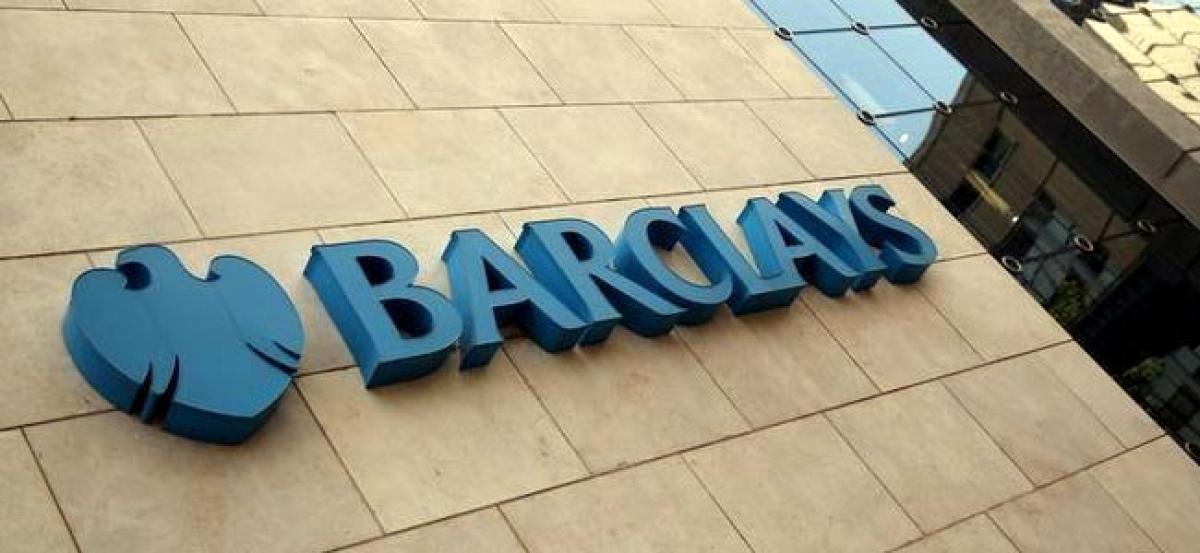Live
- Villages choke on chemical fumes
- 19 agritech soonicorns, 40 minicorns embracing emerging tech for biz growth: RBI paper
- Leopard rescued from well released into forest
- TDP Urges Centre for debate on key issues of AP in winter session
- Maharashtra trusted us, not Oppn's divisive politics: Shiv Sena leader
- Jordan Cox ruled out of England's Test series in New Zealand due to a broken thumb
- BUDA Commissioner and member arrested
- Tender to be called for new gates to TB dam in January
- TTD EO inspects Tiruchanoor Brahmotsavam arrangements
- Crisis grips Davanagere farmers despite bumper crop









